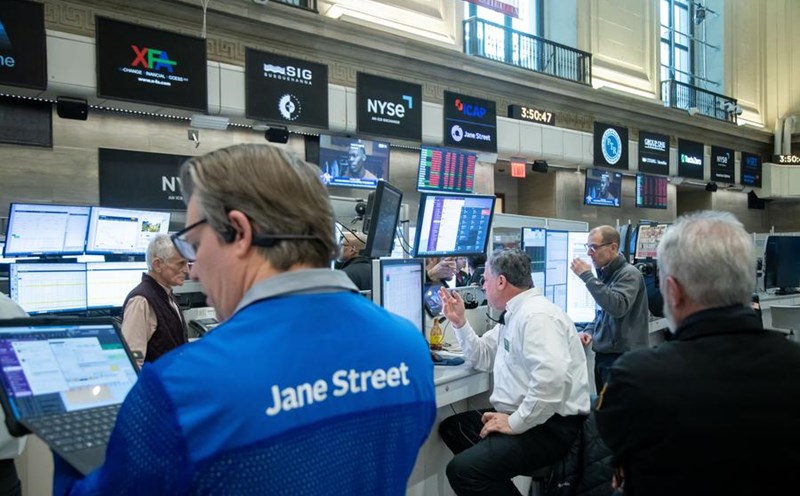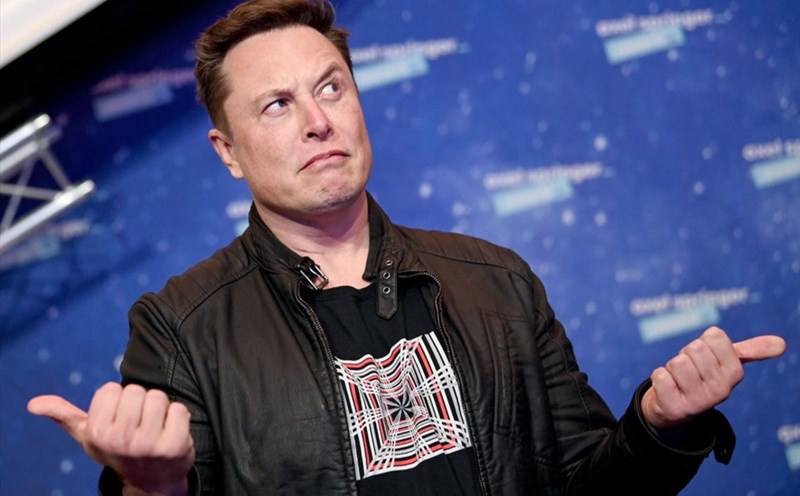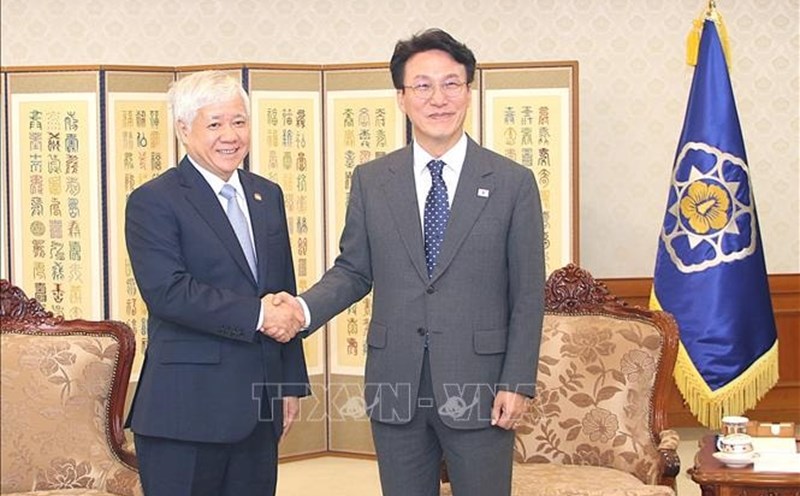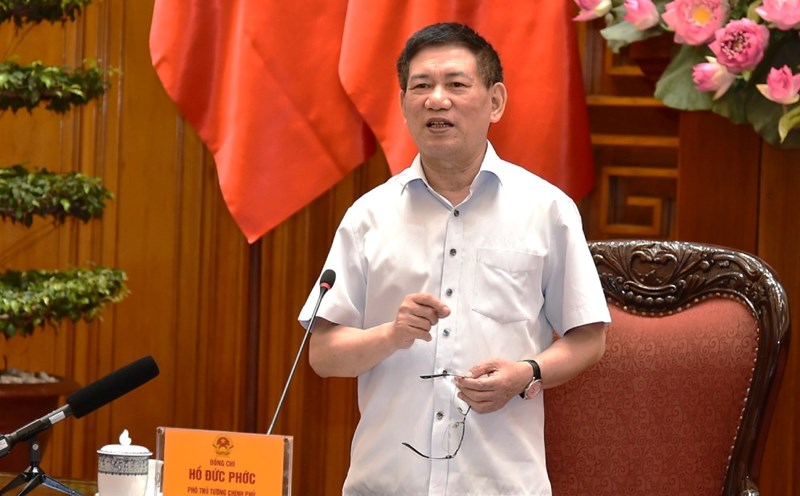Accordingly, LGES will produce these batteries at a factory in Michigan, providing them for Tesla's energy storage segment from August 1, 2027 to July 31, 2030. These are systems like the Tesla Megapack, not batteries for electric cars.
Earlier this week, LGES also confirmed that it had signed a major contract with a foreign customer but did not name it. A source revealed that the customer is Tesla, which is looking to reduce its dependence on imported batteries from China due to high tariffs.
Mr. Vaibhav Taneja - CFO of Tesla, once admitted that imposing tariffs on battery imports from China seriously affects their energy storage sector. "We will look for more supplies from partners outside of China, but this will take time," he said.
LGES is currently one of the few LFP battery manufacturers in the US. The Michigan plant has been in operation since May, and is collaborating with General Motors to supply batteries for the new Chevrolet Bolt model. Ford is also investing heavily in LFP battery technology, a field that has long been dominated by China.
For Tesla, the company is developing an LFP battery factory in Nevada, expected to operate by the end of 2025, but only to meet a small part of demand.
"Competitors like Samsung SDI or SK On have not yet entered the LFP battery market in the US, giving LGES a pioneering advantage," said Mr. Cho Hyun-ryul - senior analyst at Samsung Securities.
It is known that according to the documents submitted to the management agency, the contract with Tesla is equivalent to about a quarter of LGES' annual revenue. Although the initial deadline is 03 years, the scale and time may change in subsequent negotiations.
Compared to traditional lithium-niken-mangan-coban batteries, LFP batteries have lower energy density but are highly appreciated for their safety, low production costs and higher life expectancy.











